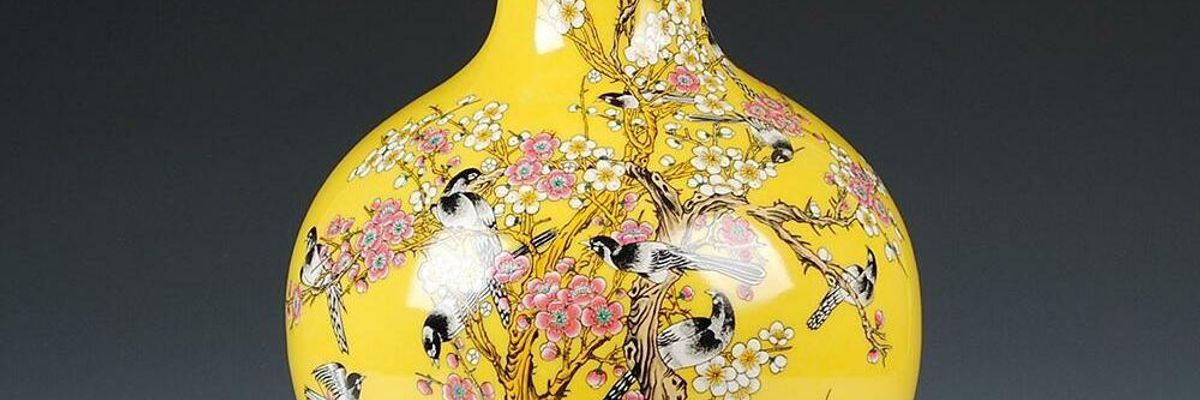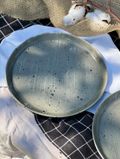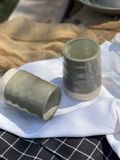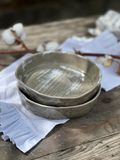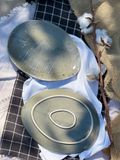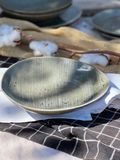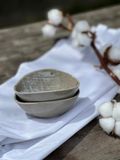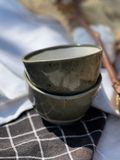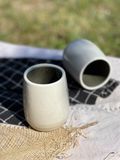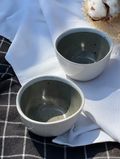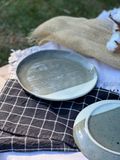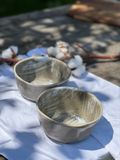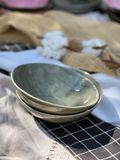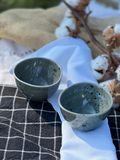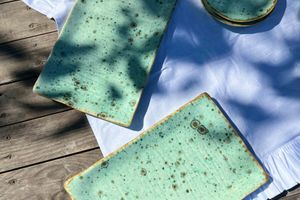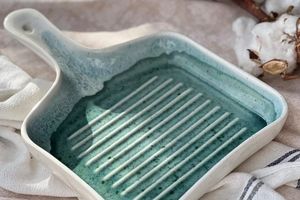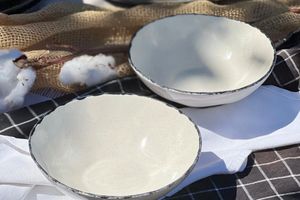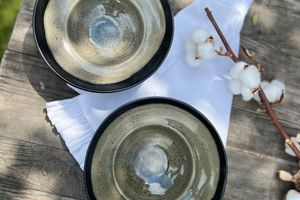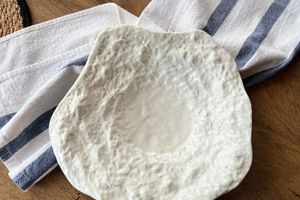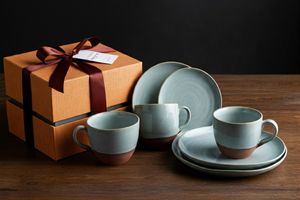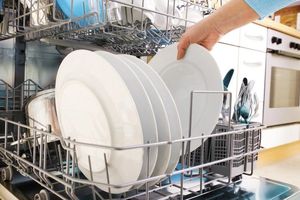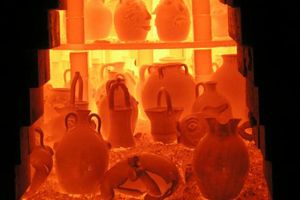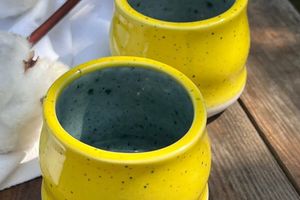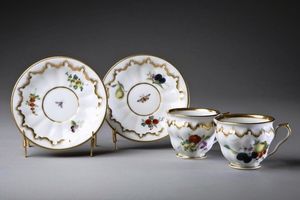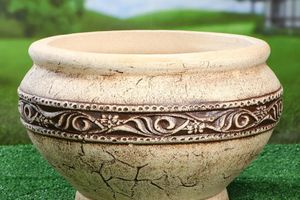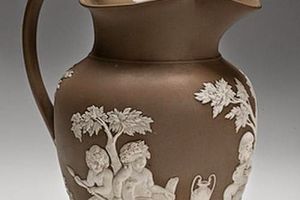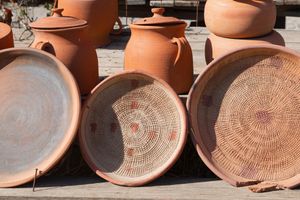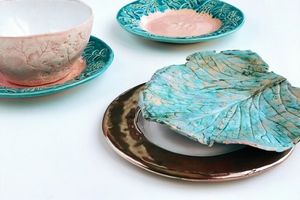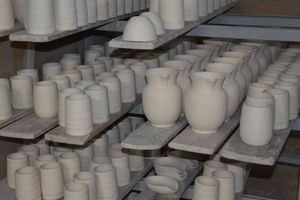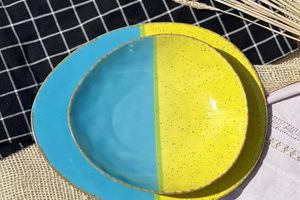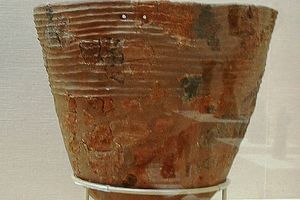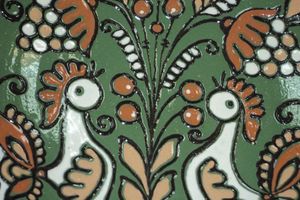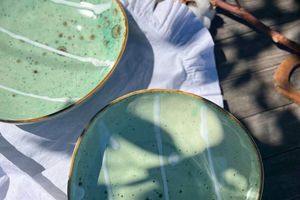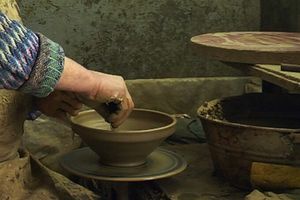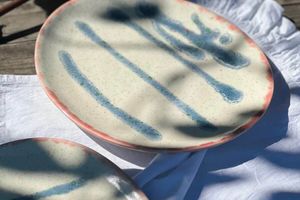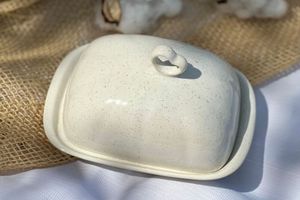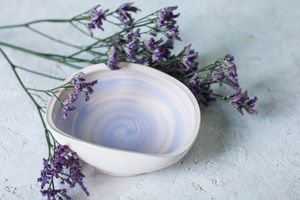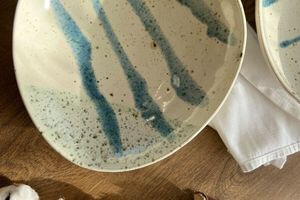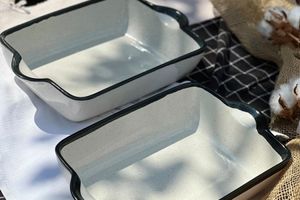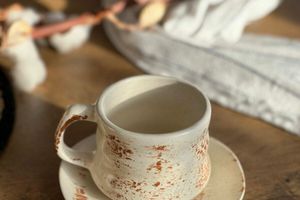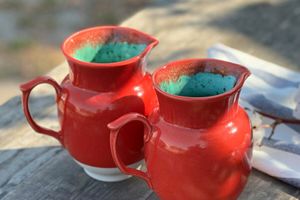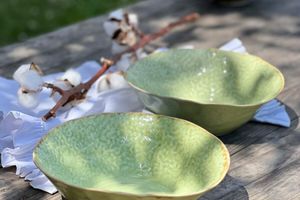Antique pottery is a valuable and vulnerable collectible that requires special care to preserve its beauty and historical value. Proper care can help prevent damage, loss of color, and reduced value of antiques. Here are some tips to help you care for antique pottery:
Tips for caring for antique ceramics
1. Careful cleaning
Hand wash: Always wash antique pottery by hand using a soft sponge or cloth. Use warm water with a small amount of mild detergent. Avoid aggressive chemicals and abrasives that can damage the surface.
Drying: After washing, let the ceramics dry naturally or gently wipe them with a soft towel. Avoid friction or excessive pressure to avoid damaging the surface.
2. Protection against physical damage
Avoiding shocks: Antique ceramics should be protected from shocks and falls. Make sure it is stored in a safe place where there is minimal risk of damage.
Use pads: When displaying ceramics on shelves or in display cases, use soft pads or cloths to prevent scratches and cracks.
3. Proper storage
Temperature regime: Store ceramics in a place with a constant temperature, avoiding sudden changes that can cause cracks. The optimal temperature for storage is from 15 to 25 °C.
Humidity: Maintain humidity between 40-60% to avoid drying out or excessive humidity, which can cause warping or mold growth.
Sun protection: Direct sunlight can cause colors to fade and glaze damage. Store ceramics in places where they are protected from direct sunlight, or use curtains or blinds to control the light.
4. Repair and restoration
Restoration Specialists: If antique ceramics need repair, contact professional restorers who have experience working with antiques. Independent restoration can lead to irreversible damage.
Preserving authenticity: When restoring, it is important to preserve the authenticity of the product, using materials and methods that are as close as possible to the original.
5. Regular inspection
Condition Check: Regularly check the condition of antique pottery for cracks, chips, or discoloration. Early detection of problems will help prevent further damage.
Documentation: Keep records of the condition of your antiques, including photos and a description of any damage or alterations. This will help track any changes and make it easier for the restorer if needed.
6. Avoiding chemicals
Perfumes and Sprays: Avoid spraying perfumes, deodorants, or other chemicals near antique pottery, as the chemicals may interact with the glazes or paints.
Air cleaning: Provide good ventilation in the rooms where ceramics are stored to prevent the accumulation of pollutants that can adversely affect its condition.
7. Safe movement
Transportation: If you need to move antique pottery, make sure it is transported safely. Use special packaging with soft pads and boxes that protect the product from shocks and vibrations.
Moving around the house: If you move the ceramic around the house, do it carefully, holding the product with both hands. Avoid sudden movements that could cause you to fall.
8. Use for decoration
Limited Use: If you use antique pottery for decoration, try not to overload it with heavy or sharp objects. Use it for decorative purposes to minimize the risk of damage.
Rotation: If you have a large collection of antique ceramics, consider rotating the pieces on display to reduce the impact of light and other factors on each piece.
Conclusion
Caring for antique ceramics requires attention to detail and thoroughness. Proper cleaning, storage and careful handling of products will help preserve their beauty and value for many years. By following these tips, you will be able to enjoy your antique treasures and pass them down to future generations in excellent condition!

